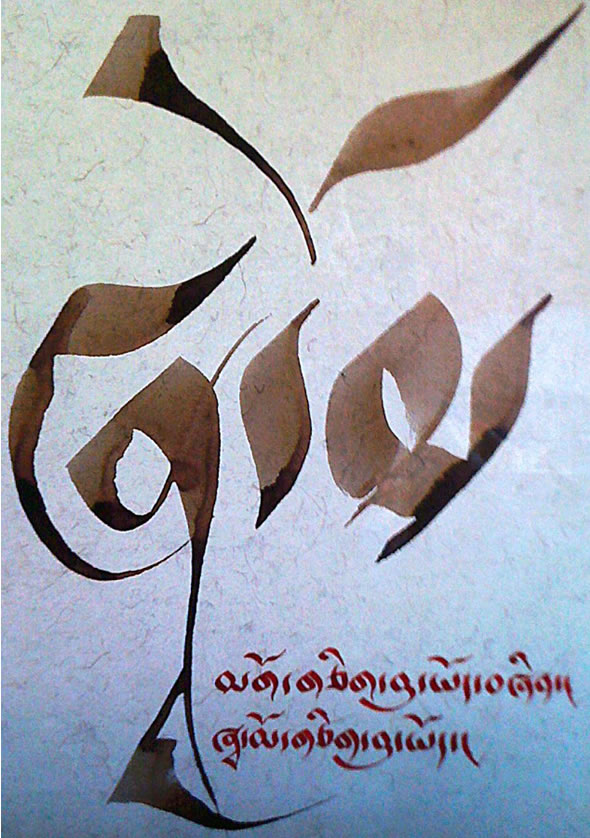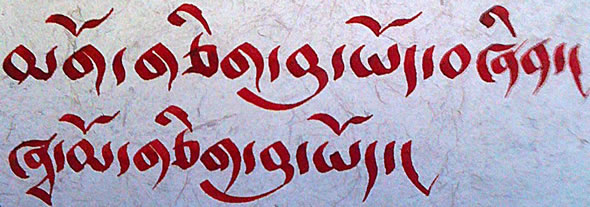The other day I heard about an interesting-sounding film called Speaking in Tongues, which tackles issues surrounding bilingual education in the USA, and follows four American children who are being educated in immersion programs in San Francisco. Two of children are in immersion programs to retain their native languages while learning English, and the other two are learning other languages through the programs. It demonstrates the practical benefits of being bilingual and dispels some of the myths. In part it is a reaction to the ‘English only’ movements that have sprung up in many parts of the USA.
There’s also a blog which discusses the film and the issues it addresses.
Have any of you seen it?



